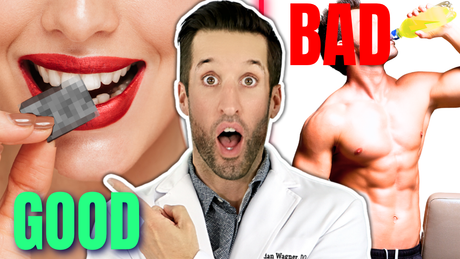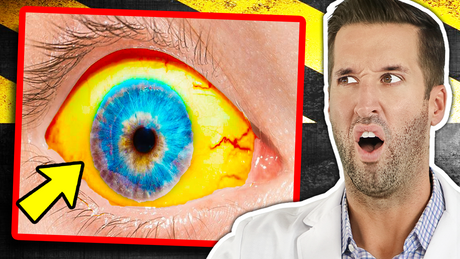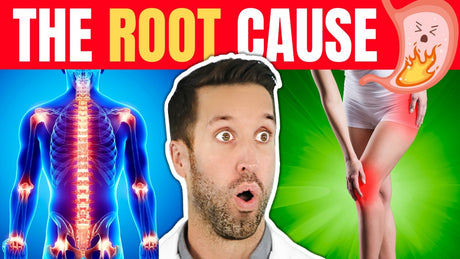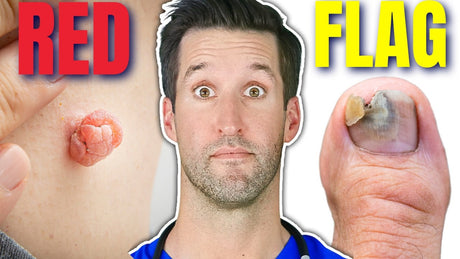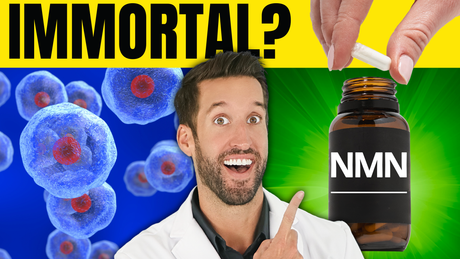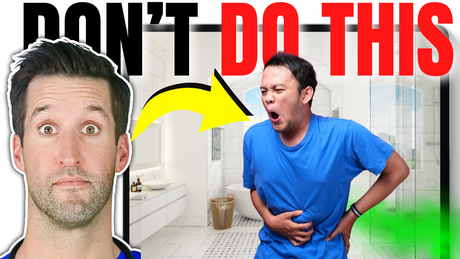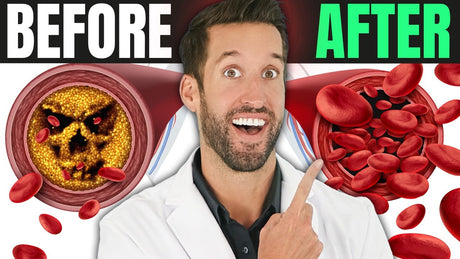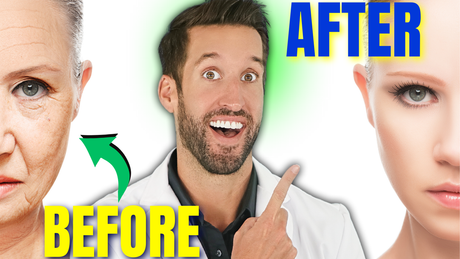Discover the ultimate guide to curing hangovers and preventing them with our expert tips! Learn what causes hangovers, how to relieve the symptoms, and the best practices for a smoother morning after. Don't miss out on our top hangover remedies and the science-backed supplement, Pour Decisions, that can help you enjoy your nights out while staying healthy. Stay hydrated, and read on for all the details!
What Causes Hangovers?
Hangovers are your body's reaction to being poisoned—yes, alcohol is technically a toxin. Here are the main factors that contribute to that dreaded hangover:
- Dehydration: Alcohol is a diuretic, which means it makes you pee more than usual, leading to dehydration.
- Immune Response: Your immune system goes into overdrive trying to process the alcohol, leading to inflammation.
- Liver Overload: Your liver works hard to break down the alcohol, producing toxic byproducts that make you feel awful.
Hangover Remedies
Fear not! Here are some tried and true remedies to help you feel more human and less like a zombie in a wind tunnel.
1. Hydration Station
Water is your new best friend. Alcohol dehydrates your body, so replenishing those lost fluids is crucial. Drink water throughout the day to help flush out toxins and rehydrate your body.
2. Brunch Time
Eating a hearty breakfast can help restore your blood sugar levels and give you the energy you need to recover. Eggs and bananas are particularly good choices as they are packed with vitamins and minerals.
3. Ginger Ninja
Feeling nauseous? Ginger tea can help settle your stomach and make the world stop spinning. It's a natural remedy that's been used for centuries to treat nausea and indigestion.
4. Sweat It Out
A gentle walk might seem like a marathon, but it can actually help clear your head. Light exercise increases blood flow, helping to remove toxins more quickly.
5. Sleep It Off
Sometimes, the best remedy is to go back to bed and let time do its thing. Your body needs rest to recover, so don't be afraid to take it easy and catch some extra zzz's.
How to Prevent Hangovers
The best cure for a hangover is prevention. Let's face it—the best way to combat a hangover is to drink responsibly or not drink at all. However, if you know you're going to indulge, consider taking some preventive measures.
1. Pour Decisions
Consider adding Pour Decisions to your pre-game routine. This isn't just your average morning-after remedy; it's a carefully formulated supplement designed to help your body process alcohol more efficiently. Packed with Vitamin B6, potassium, milk thistle, rosemary, and schizandra berry extract, it supports liver function and helps rebalance your body's fluids.
2. Hydrate Beforehand
Drink a glass of water between alcoholic beverages and a big glass before you go to bed. This helps to keep you hydrated and may reduce the severity of your hangover.
3. Eat Before Drinking
Having a meal before you start drinking slows down the absorption of alcohol, giving your liver more time to process it.
4. Choose Your Drinks Wisely
Some drinks are more likely to cause hangovers than others. Clear spirits like vodka and gin tend to cause fewer hangovers compared to dark liquors like whiskey and rum.
Conclusion:
Hangovers can be a rough aftermath of a fun night out, but armed with the right knowledge and remedies, you can minimize their impact and bounce back faster. Prioritizing hydration, replenishing lost nutrients with a hearty breakfast, and exploring natural remedies like ginger tea can alleviate symptoms. Additionally, preventive measures such as moderation in alcohol consumption, staying hydrated throughout the night, and choosing drinks wisely can significantly reduce the likelihood of experiencing a hangover. For those inevitable nights of indulgence, supplements like Pour Decisions offer science-backed support in aiding your body's recovery process.
---
Studies:
-
Dehydration and hangover severity:
- Penning, R., McKinney, A., & Verster, J. C. (2012). Alcohol hangover symptoms and their contribution to the overall hangover severity. Alcohol and Alcoholism, 47(3), 248-252.
- Swift, R., & Davidson, D. (1998). Alcohol hangover: Mechanisms and mediators. Alcohol Health & Research World, 22(1), 54-60.
-
Effects of nutrition on hangover symptoms:
- Verster, J. C., & Kruisselbrink, L. D. (2016). The impact of alcohol hangover on simulated driving performance during a ‘commute to work’—Zero and residual alcohol effects compared. Journal of Clinical Medicine, 5(1), 2.
- Wiese, J. G., Shlipak, M. G., & Browner, W. S. (2000). The alcohol hangover. Annals of Internal Medicine, 132(11), 897-902.
-
Efficacy of ginger in alleviating nausea:
- Marx, W., Kiss, N., Isenring, L., & Isenring, E. (2017). The effect of ginger (Zingiber officinale) on platelet aggregation: A systematic literature review. PloS One, 12(8), e0181760.
- Viljoen, E., Visser, J., Koen, N., & Musekiwa, A. (2014). A systematic review and meta-analysis of the effect and safety of ginger in the treatment of pregnancy-associated nausea and vomiting. Nutrition Journal, 13(1), 20.
-
Impact of exercise on alcohol metabolism and hangover recovery:
- Bradford, A., & Bradford, W. D. (2016). Medical consequences of alcohol use in women. Alcohol Research: Current Reviews, 38(2), 175-181.
- Sari, Y., & Zhou, F. C. (2004). Prenatal alcohol exposure causes long-term serotonin neuron deficit in mice. Alcoholism: Clinical and Experimental Research, 28(6), 941-948.
-
Role of supplements in alcohol metabolism and hangover prevention:
- Clarke, T. C., Black, L. I., Stussman, B. J., Barnes, P. M., & Nahin, R. L. (2015). Trends in the use of complementary health approaches among adults: United States, 2002–2012. National Health Statistics Reports, (79), 1-16.
- Rojdmark, S., & Brismar, K. (2005). Decreased free testosterone concentration in women with severe early-onset alcohol addiction. Addiction Biology, 10(3), 297-302.
All information on the Life Happns website is for informational purposes only, and is not intended to be used for medical advice, diagnosis, or treatment. Always seek the advice of your physician or other qualified health provider with any questions you may have regarding a medical condition or before starting any new supplement or health regimen.

